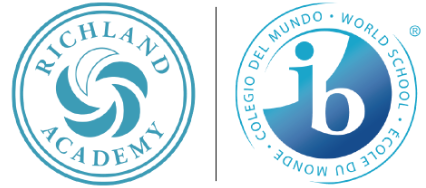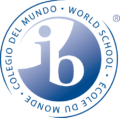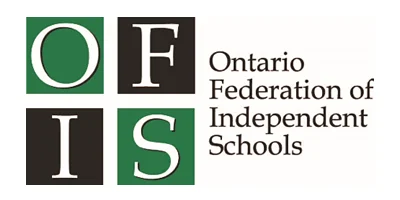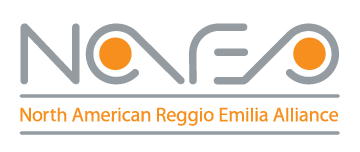John Dewey was an American philosopher who was considered the foremost educator of his day. Dr. Dewey’s philosophy permeates Richland’s Reggio-inspired Inquiry Learning approach. In addition, his democratic ideas as they relate to education form an essential part of Richland’s culture. Below please find an excerpt from Experiential Learning which summarizes Dewey’s philosophy.
John Dewey (1859-1952) believed that learning was active and schooling unnecessarily long and restrictive. His idea was that children came to school to do things and live in a community which gave them real, guided experiences which fostered their capacity to contribute to society. For example, Dewey believed that students should be involved in real-life tasks and challenges:
- Maths could be learnt via learning proportions in cooking or figuring out how long it would take to get from one place to another by mule
- History could be learnt by experiencing how people lived, geography, what the climate was like, and how plants and animals grew, were important subjects
Dewey had a gift for suggesting activities that captured the center of what his classes were studying.
At Richland we recognize the value in meaningful learning experiences, and provide our students with these real-life learning opportunities.The passion our students have for learning is testament to the importance of Dr. Dewey’s philosophy.
If you would like to learn more about John’s Dewey’s educational philosophy, there are many resources available. We recommend the following books:
- Experience and Education, by John Dewey
- The School and Society & The Child and the Curriculum, by John Dewey
Please continue to follow Inquiring Minds, where we will be featuring other influential educators. As always, we welcome your feedback.









